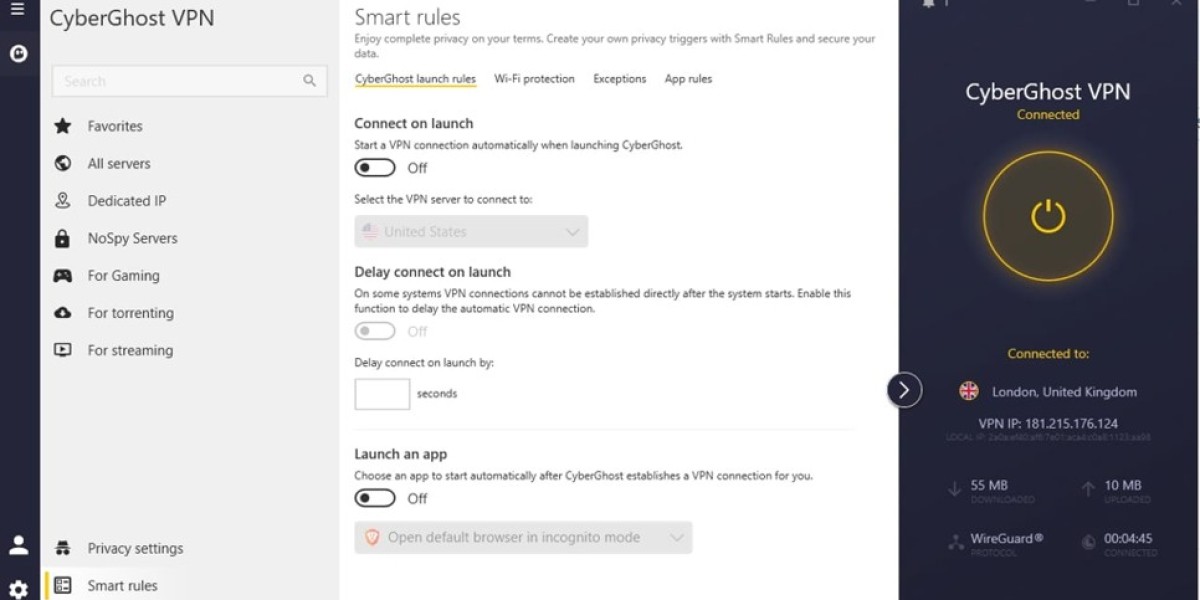In this article, we will explore the cybersecurity risks associated with health data management and the importance of implementing robust security measures to protect sensitive patient information.
The Growing Threat of Cyber Attacks in Healthcare
In recent years, the healthcare industry has become increasingly vulnerable to cyber attacks. According to the Office of the National Coordinator for Health Information Technology, nearly 60% of healthcare organizations experienced a data breach in the past two years. These breaches not only compromise patient privacy but also pose a significant threat to patient safety.
Health data is a prime target for cyber criminals due to its high value on the black market. Medical records contain a wealth of sensitive information, including patients' personal details, medical history, and billing information. If this data falls into the wrong hands, it can lead to identity theft, insurance fraud, and even medical identity theft.
The Impact of Data Breaches on Healthcare Organizations
Medical data breaches can have devastating consequences for healthcare organizations. According to the U.S. Department of Health and Human Services, the average cost of a data breach in the healthcare industry is $7.13 million. These costs include expenses related to data recovery, legal fees, regulatory fines, and damage to the organization's reputation.
Furthermore, data breaches can result in hefty fines for non-compliance with data privacy regulations such as the Health Insurance Portability and Accountability Act (HIPAA). In 2020, the HHS imposed over $13.5 million in fines on healthcare organizations for HIPAA violations.
Protecting Health Data from Cyber Threats
Healthcare organizations must take proactive measures to safeguard their data and mitigate cybersecurity risks. Implementing a comprehensive cybersecurity strategy can help prevent data breaches and protect patient information from unauthorized access.
- Encrypting data: Encrypting sensitive data can help ensure that it remains secure, even if it is intercepted by cyber criminals.
- Regular security assessments: Conducting regular security assessments can help identify vulnerabilities in the organization's IT infrastructure and address them before they are exploited by hackers.
- Employee training: Providing cybersecurity training to employees can help raise awareness about potential threats and best practices for data protection.
- Multi-factor authentication: Implementing multi-factor authentication can add an extra layer of security to prevent unauthorized access to sensitive information.
The Benefits of Strong Cybersecurity Measures
By investing in robust cybersecurity measures, healthcare organizations can reap numerous benefits, including:
- Protecting patient privacy: Strong cybersecurity measures can help safeguard patients' personal information and maintain their trust in the organization.
- Preventing data breaches: Proactive cybersecurity measures can help prevent costly data breaches and minimize the risk of financial losses for the organization.
- Compliance with regulations: By implementing strong cybersecurity measures, healthcare organizations can ensure compliance with data privacy regulations and avoid costly fines.



